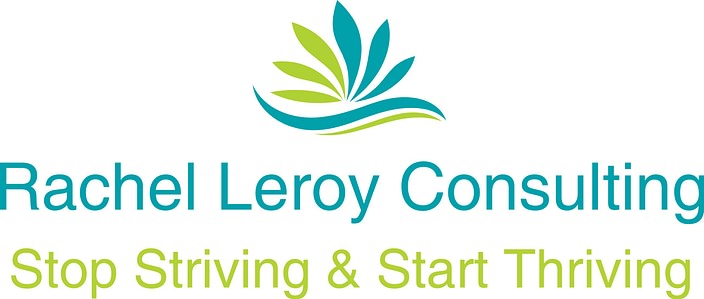Ten Ways to Avoid Re-traumatizing Yourself When Trying to Heal-I referenced this video in the talk. This YouTube discusses strategies you can use to help you avoid retraumatizing yourself, while you also avoid specific pitfalls on this journey.
Why Is Healing So Hard? Five Pitfalls That Kept Me Stuck in My Healing Journey by Rebecca Dollard in The We Spot is the article I mentioned that gave me some ideas for this talk.
A.C.O.R.N meditations for dealing with difficult emotions was referenced in the video as one resource to help in one of the strategies.
Nine Pitfalls That Can Make Healing Hard and What to Do Instead
1. Forcing the Healing--Don't try too hard. Don't chase down or force up issues to heal (don't go digging for every little thing). It depends on the context. Allow instead. Let it come up and then deal with it.
2. Trying to Take on too Much as Once--Don't try to take on the whole issue at once. Don't try to take on too much at once. Do a little bit at a time. Over time, it adds up. Yard by hard, life is hard, but inch by inch, life's a cinch.
3. Punishing Yourself Because You're Not Completely Healed--Don't deny yourself joy and contentment now, just because you aren't exactly where you want to be. Don't chase some unattainable mirage of "I'll be happen when . . . " Read scripture on contentment. Doing the work steadily, day by day is doable, and allows you to have contentment now, seeing the small steps adding up over time in the progress you're making. This can keep you focused and motivated on doing the healing work. Again, yard by hard, life is hard, but inch by inch, life's a cinch.
4. Focusing on the Problem Instead of the Solution--Don't make "trauma" or even "trauma healing" your whole identity. This one is so easy to do. When you get on the healing path, it can be so easy to go down a rabbit hole of focusing on "narcissistic abuse," "the abuser," "they did this to me," and "wanting judgement" for the abuser, instead of the healing process itself. It is really easy to do. We can also focus more on the trauma than healing the trauma. I've struggled with this one. By being mindful of this and bringing yourself back to the right focus, you won't get bogged down. Jesus didn't die to give us an abundant life when we accomplish A, B, and C or go from point A to point B. Jesus died for us so we could start living an abundant life now, as soon as we accept it. As we heal, more abundance will also open up to us.
5. Shaming Yourself When You Make Mistakes. If you do something like go down an anger rabbit hole, say or think something horrible about the abuser, yell at someone, or focus on the problem instead of the abuser, it's easy to beat on ourself in these situations, but the point of power is the time between the trigger and the reaction. This is when you get to choose to respond. When you realize you've made mistakes and you feel bad, let yourself feel bad for a moment, but don't condemn yourself for your mistakes OR feeling bad. Just let the feelings be there. You might even do the A.C.O.R.N process on it, but most importantly, forgive yourself. While everyone needs to take accountability and make things right with anyone we've wronged, everybody makes mistakes. Cut yourself some slack.
6. Trying to Be Happy All the Time--Thinking you should feel good and be happy all the time when you're on the healing path.
7. Believing Reading the Bible, Praying, Going to Church, and Having Enough Faith, Alone, Can Heal You--They can't. Usually. God does heal people through miracles, but usually he gives us tools to walk out our healing over time. This is still the power of the Holy Spirit at work, guiding us, and providing for us what we need to heal when we seek therapy, reprogram our mind, and target healing in the body, somatically, and these therapies can be used in conjunction with prayer, church, scripture, etc., which can contribute to healing, in conjunction with strategies that target the trauma at its source.
8. Caring More What Others Say About Your Healing Journey than God or the Holy Spirit Within You. This is an easy pitfall because many of us who have experienced narcissistic abuse, trauma, and childhood emotional neglect have codependency, and this means we are prone to people pleasing, ignoring our instincts, and not trusting ourselves. We surrender our agency to the judgement of others and feel guilty setting healthy boundaries.
9. Not Having a Regular Practice--Having some kind of daily (or several times a week) practice ensures you reprogram your mind and your healing sticks. Experimenting and seeing what works for you, learning and trying new strategies, and being open minded about what might work ensure you are able to see recovery happen on a larger scale over time. Emotional recovery is difficult, even grueling at times, so you have to be in it for the long haul. Sometimes it's lonely, sometimes it's slow, but healing can and does happen.

